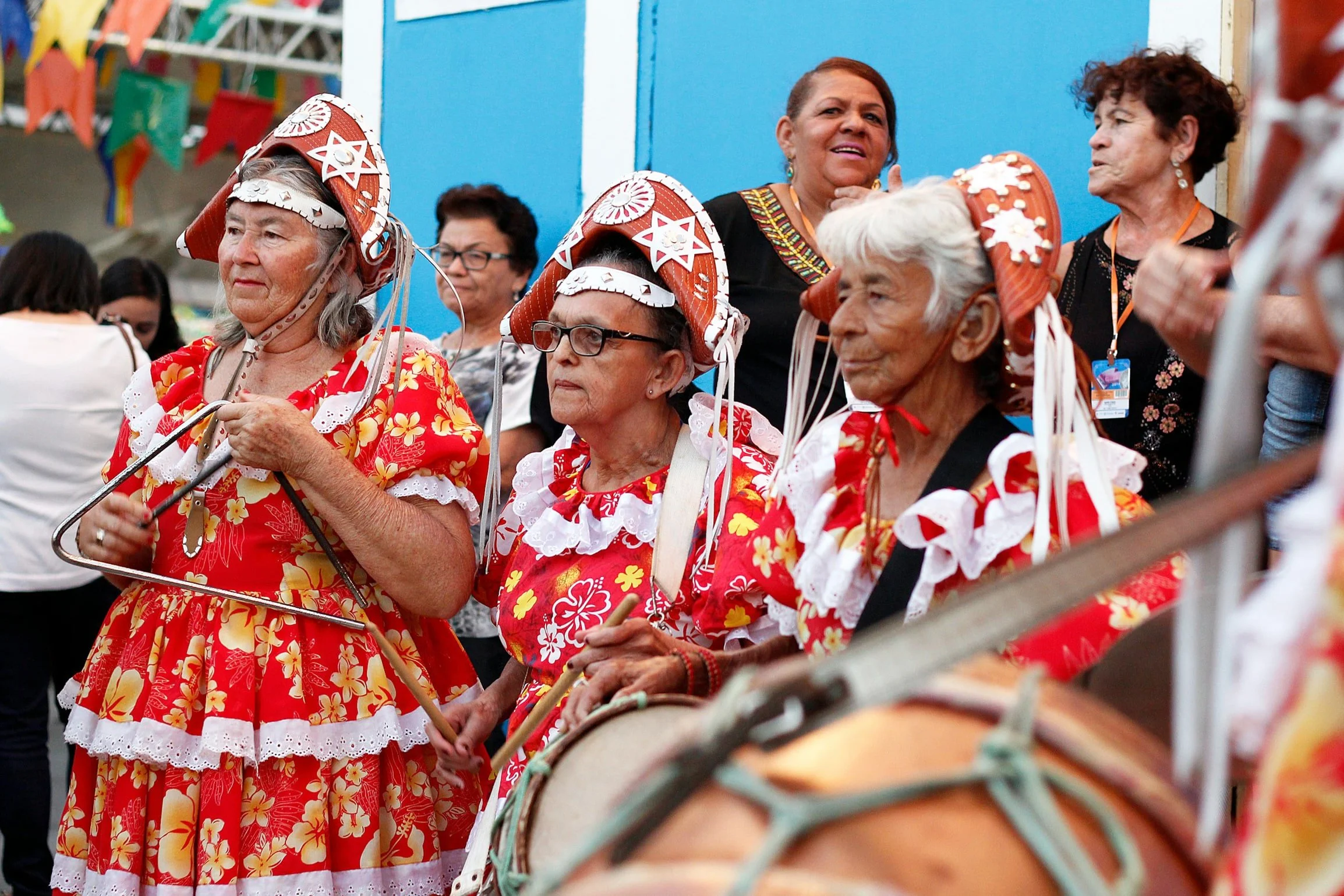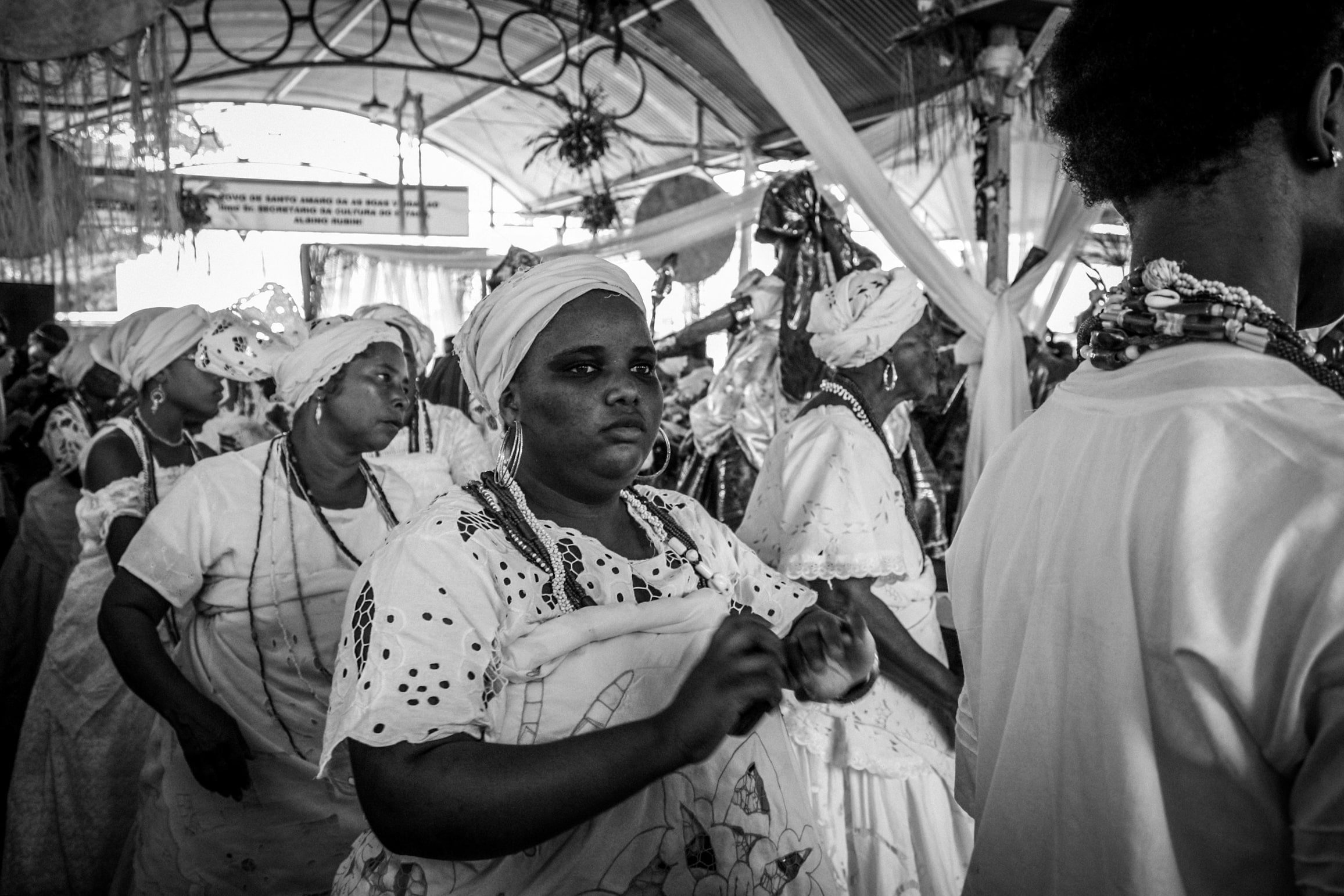Why religion in New Zealand is fading fast
This post contains affiliate links. If you purchase through them, we may earn commissions at no extra cost to you.
Why are fewer and fewer New Zealanders identifying with a religion? Is the country losing its sense of the sacred, or simply finding it elsewhere?
In this article, we explore the striking data behind the decline of religion in New Zealand, unpack the key reasons behind this cultural shift, and clarify the often misunderstood difference between religion and spirituality. As you read, you may begin to see that while religion is disappearing from the census, spirituality might still be quietly thriving in everyday life.
Understanding the difference between religion and spirituality
Before we can fully grasp why religion in New Zealand is fading fast, it's essential to understand what religion is. And, most importantly, how it differs from spirituality.
Religion is organised. It typically involves shared doctrines, sacred texts, ritual practices, and community structures. Religions often provide answers to moral questions, prescribe paths to salvation or enlightenment, and link people through shared identity and tradition. The key traits of religions: It is collective and structured, based on sacred texts like the Bible or Quran, includes places of worship and rituals, often has fixed beliefs about divinity and morality, and it is passed down generationally.
Spirituality is personal. It's a connection to something greater, whether that's nature, the universe, inner peace, or divine mystery. It doesn't depend on formal doctrines or institutions, and often evolves over time. The main characteristics of spirituality: It is individual and intuitive, rooted in self-reflection, practices include meditation, breath work, or energy healing, may or may not involve belief in a god, and it is flexible.
The data behind the decline of religion in New Zealand
According to the 2023 New Zealand Census, only 36.5% of the population identified as religious. In contrast, 48.2% said they had no religion, with the rest either skipping the question or giving unclear responses.
But this shift isn’t new. It’s been building for decades. Here's a timeline of how the "no religion" category has grown, as seen on the chart.
Sources: Stats NZ 2023 Census, Stats NZ 2018 Census.
Why religion in New Zealand is fading fast
1. A secular national identity
New Zealand has no state religion. Most schools, public services, and laws are secular. Since the 1970s, the country has quietly moved toward an identity where religion is seen as private, not public. Christianity, once dominant due to colonisation, has lost institutional authority and trust; especially due to past scandals and its role in cultural suppression of Māori identity.
2. Emphasis on personal freedom
In Aotearoa, individual freedom, authenticity, and nature connection are highly valued. Kiwis often resist social pressure or conformity, including religious rules. Many instead describe themselves as “spiritual but not religious,” if they identify with anything at all.
3. A life deeply rooted in nature
Whether it's surfing at sunrise, hiking in silence, or growing food in the backyard, the Kiwi lifestyle is often contemplative and earth-connected. This natural rhythm creates space for awe, presence, and reflection (core aspects of spirituality). Here, the forest is the sanctuary and the lake, a silent teacher.
4. Influence of Māori worldview (Te Ao Māori)
Even non-Māori New Zealanders are often influenced by spiritual concepts like: wairua (spirit), whanaungatanga (deep relationships), tapu and mana (sacredness and integrity). These values shape public spaces, education, and cultural identity. Many New Zealanders live by a quiet reverence for land, life, and lineage, even without religious labels.
🕵 Curious? Read our article: Curious facts about Māori spirituality.
5. A strong inner compass
In New Zealand, many people follow their inner sense of right and wrong, rather than external commandments. Kindness, humility, and integrity are highly valued, but lived out with understatement. Even those who meditate, reflect, or live with intention often avoid labels like “spiritual” or “religious”. They simply live it.
Fading religion, rising spirit
Religion in New Zealand is undeniably fading, but perhaps something deeper is rising in its place. A way of life that honours nature, values silence, and trusts inner truth more than outer doctrine.
In a land where the sacred is felt more than spoken, maybe the question is not whether people believe in religion — but whether they are already living spiritually, without even realising it.
🧭 What about you? What guides your inner world?
🌿 Explore more in our article: Why New Zealand is perfect for a spiritual reset.
About the author: Thaíz Lara is the creator behind New Hermits, a New Zealand-based storyteller who believes in the power of story and soul-filled travel. After living in 5 countries and exploring 60, she has come to understand that the most meaningful journeys often begin within. Learn more about Lara.
Affiliate disclosure: This post contains affiliate links. If you make a purchase through one of them, we may earn a commission at no extra cost to you. We only recommend what we truly believe in. See our terms & conditions.





